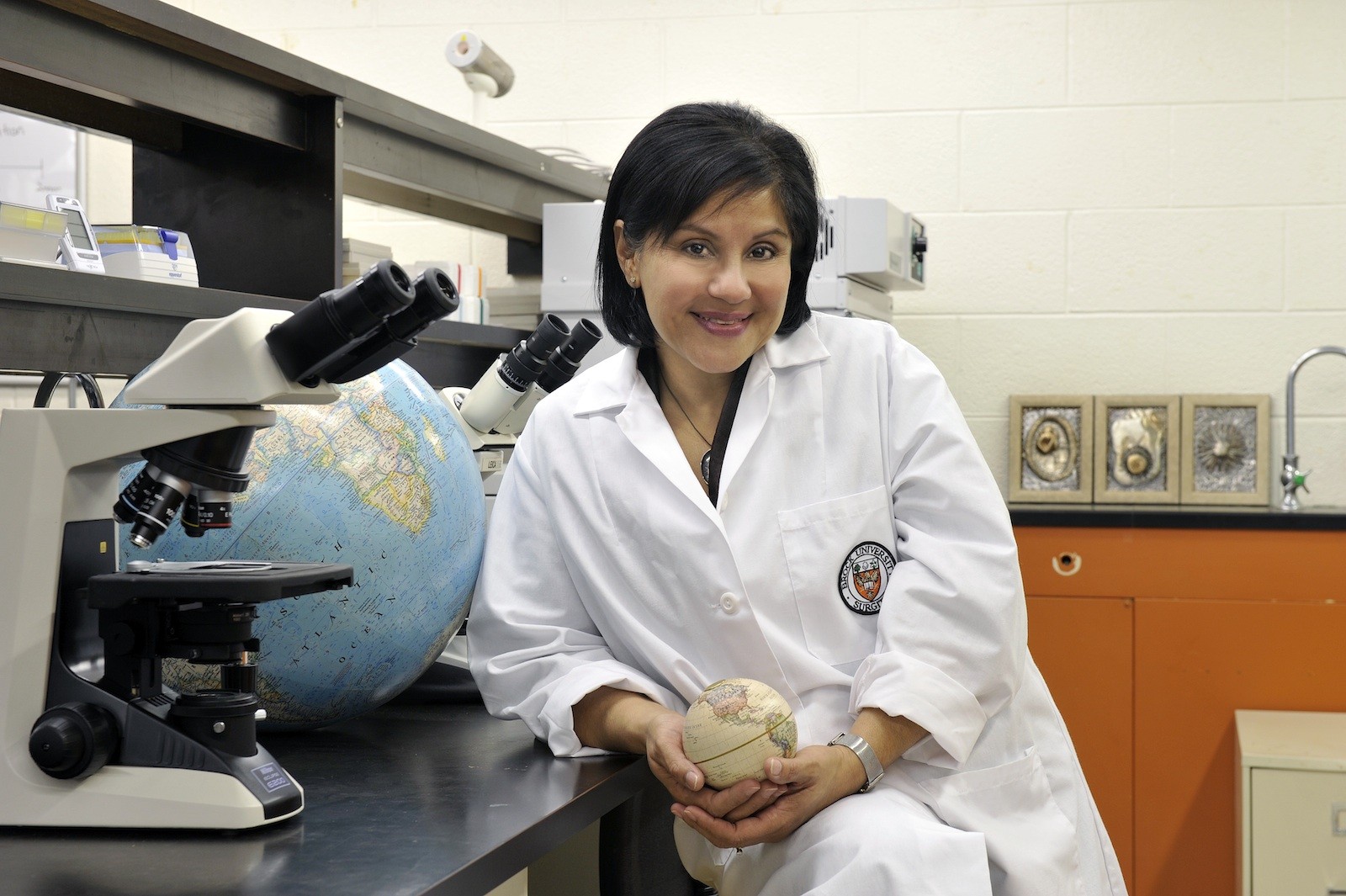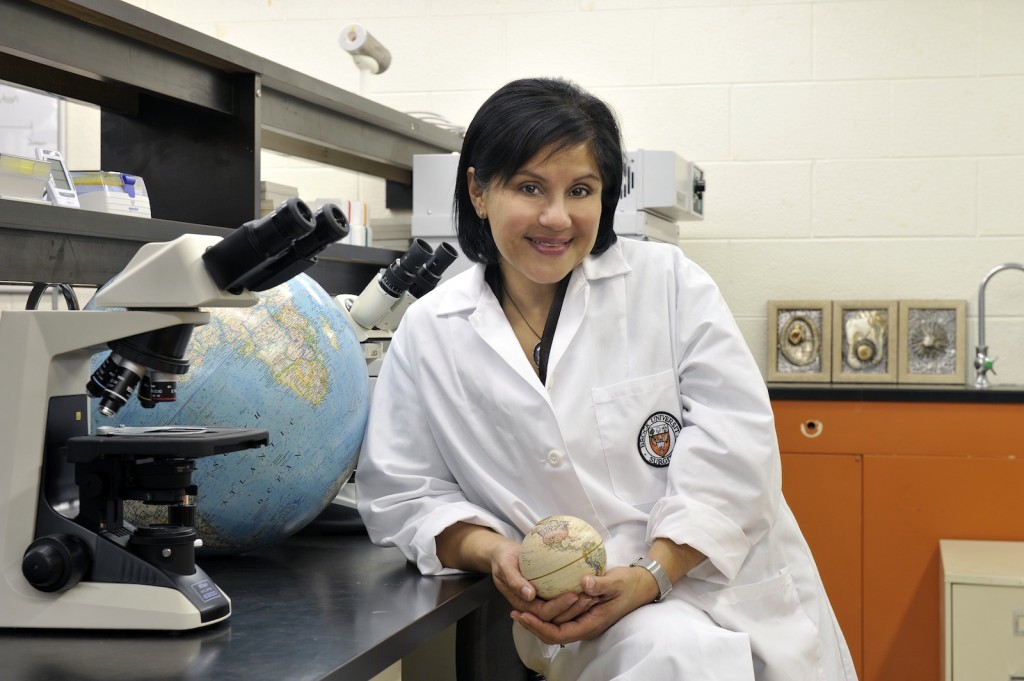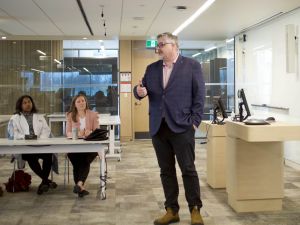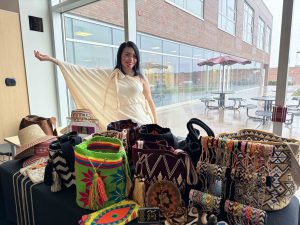Imagine living in a world where anytime someone was infected by a parasite it would make headline news globally.
This ideal inspires Brock University medical microbiologist Ana Sanchez in her infectious diseases research. While the headlines may not come soon, she says, what matters now is controlling neglected tropical diseases (NTDs) that currently affect one billion people on the planet.
Sanchez is a panelist in a Nov. 26 forum held by Research Matters, an Ontario-wide initiative to raise the profile of university research. She and four researchers from other provincial universities will be addressing the question: “What Matters Now?” in a forum to be held in London, Ont., starting from 6 p.m.
Sanchez is an internationally renowned infectious diseases expert, who studies the impacts of parasites – roundworms, tapeworms, hookworms, whipworms, to name a few – on the human body. Her research has assisted the World Health Organization and other global health initiatives.
Parasites can be troublesome in North America, but wreak the most havoc in developing countries. Epilepsy that’s caused by tapeworms, for example, is twice as high in developing countries compared to high-income nations, and can reach 30 per cent in some towns in Latin America, she says.
Sanchez aims to understand how parasites and humans relate. And with this knowledge, she hopes to help individuals and entire communities reduce and even prevent the occurrence of parasitic diseases.
View a slide show about Sanchez’s research
“Part of my research is to estimate the prevalence of parasitic diseases in children,” Sanchez says. “We measure children’s growth, ask about their habits, as well as their school and housing environments. Then we try to find a connection between these factors and the parasites they harbour.”
She and her research team use this information to create a profile for each person, and study how the parasites and the individuals are affected by external factors.
They also create profiles for the towns and communities to help policy makers better prioritize resources and reduce other precipitating factors that cause infection.
“We study how parasites respond to treatment, and look at the optimal dose according to age,” she says.










